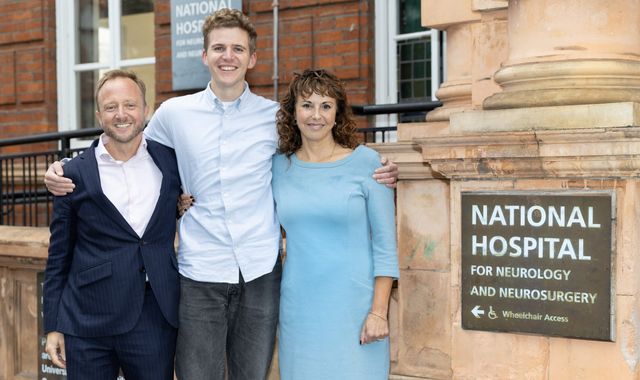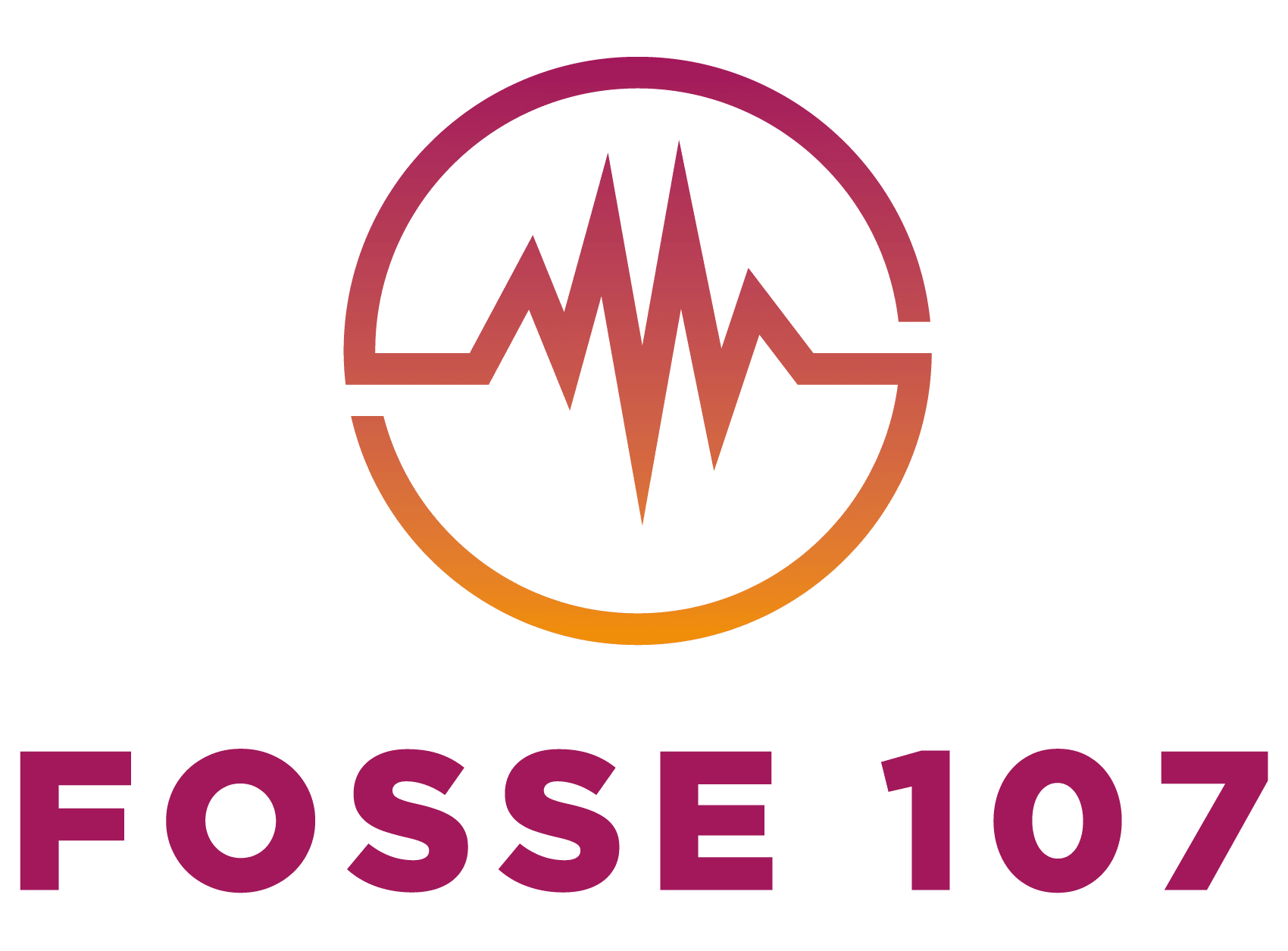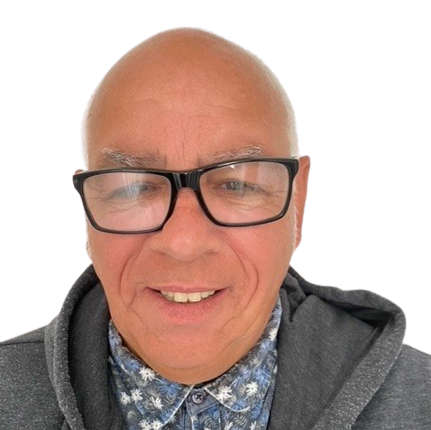
A new gene therapy has slowed the progression of Huntington's disease by as much as 75%.
Known as AMT-130, it is delivered via brain surgery, and a single dose is expected to last someone's whole life.
"This result changes everything," said principal investigator Professor Ed Wild.
Thirty-year-old Jack May-Davis, who took part in trials, said the results were "astonishing", leaving him "lost for words".
Huntington's is a neurodegenerative disease which gets worse over time and has no cure, affecting thinking, movement and mood. About 8,000 people in the UK suffer from it.
While the disease typically lasts for about 20 years, loss of function can begin quite quickly.
In a trial, 12 patients were given the highest dose of AMT-130. Researchers reported they experienced 75% less disease progression after 36 months compared to a group of people with Huntington's who were not given the treatment.
AMT-130 works by permanently introducing new functional DNA into a person's cells, researchers said.
"On the basis of these results, it seems likely AMT-130 will be the first licensed treatment to slow Huntington's disease, which is truly world-changing stuff," said Prof Wild, from the University College London (UCL) Huntington's Disease Centre.
"My patients in the trial are stable over time in a way I'm not used to seeing in Huntington's disease."
One of them, he added, was medically retired but has been able to return to work.
'Absolutely breathtaking' findings
Prof Wild told Sky News presenter Jayne Secker the 75% slowing was "absolutely breathtaking... that could be years or decades of top quality life or even complete disease freedom if we treat early enough".
He added: "There are undoubtedly patients in this trial who would have been in wheelchairs by now, who are still able to walk and are independent.
"And if we can bring this therapy to as many people as possible, the impact on families who are struggling with this condition for themselves and their children will be immense."
Could symptoms be prevented from occurring?
Professor Sarah Tabrizi, also from UCL, said AMT-130 had the potential to "preserve daily function", keep people in work longer, and "meaningfully slow disease progression".
She told Jayne Secker that those in the trial had "very early symptomatic disease", but she hopes that the therapy in future will be given to people with "stage zero and stage one disease who have no symptoms at all".
"And that one day we might be able to prevent the symptoms occurring, which would be a true prevention in people who carry the Huntington's gene but don't yet have symptoms. And that's the goal of all of our research currently."
Read more:
Boris Becker 'shocked' by drug use in UK prison
Man arrested in connection with airports cyber attack
Jack May-Davis, from Sussex, discovered he was carrying the Huntington's gene when he was 19.
Two family members, including his father, died from Huntington's.
"It is just amazing," he said. "When I started participating in trials I never thought something would be developed in a time frame that might actually be useful for me.
"This feels like a huge moment that will mean so much to families who carry the Huntington's gene."
Professor Mike Hanna, director of the UCL Queen Square Institute of Neurology, said: "These findings point to a new chapter in gene therapy development for Huntington's disease, and have clear relevance for other devastating neurodegenerative disorders."
Cath Staney, chief executive of the Huntington's Disease Association, said: "This is a significant breakthrough, and I am sure it will bring hope to anyone affected by Huntington's disease.
"This trial shows an astonishing 75% slowing of progression in the disease.
"That is remarkable and will bring much-needed optimism to the Huntington's disease community."

(c) Sky News 2025: New gene therapy slows progression of Huntington's disease by 75%


 'ANTI ICE' engraved bullet found at scene of Dallas immigration centre shooting, FBI chief says
'ANTI ICE' engraved bullet found at scene of Dallas immigration centre shooting, FBI chief says
 Zelenskyy's UN speech was a warning and a plea - as he knows Trump can turn on a dime
Zelenskyy's UN speech was a warning and a plea - as he knows Trump can turn on a dime
 'Living with a death sentence': NHS cadaver implant leaves woman with one of world's rarest diseases
'Living with a death sentence': NHS cadaver implant leaves woman with one of world's rarest diseases
 How one of the world's rarest diseases left Sky's Deborah Haynes critically ill
How one of the world's rarest diseases left Sky's Deborah Haynes critically ill
 First migrants arrive in UK under 'one in, one out' deal
First migrants arrive in UK under 'one in, one out' deal
 'Nightmare bacteria' cases rising in the US
'Nightmare bacteria' cases rising in the US
 Man banned from every Boots store
Man banned from every Boots store
 Winning race back to the moon very important, NASA crew says
Winning race back to the moon very important, NASA crew says




